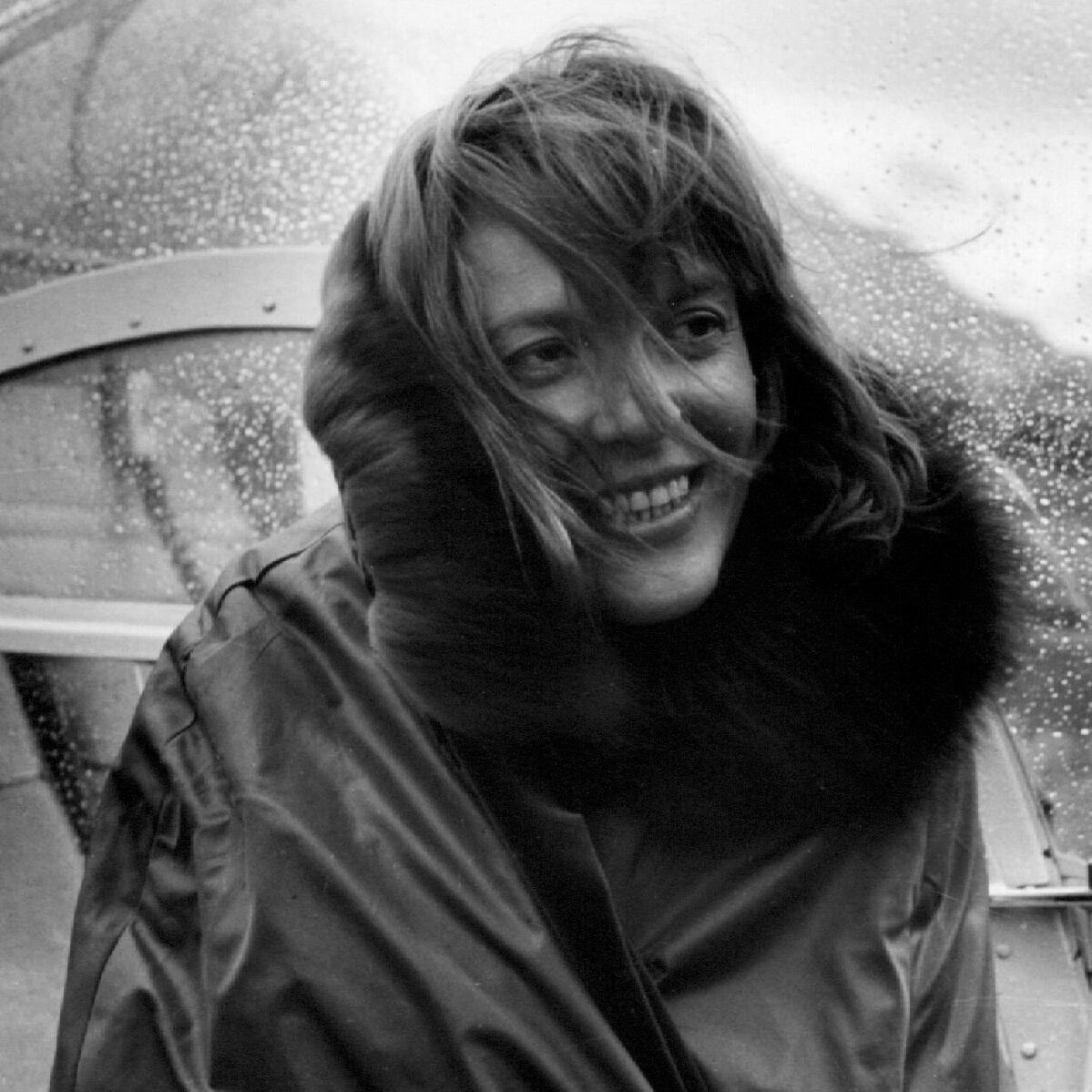Four Early Poems by Ingeborg Bachmann
translated by Peter Filkins
The work of Ingeborg Bachmann’s youth functioned as a seedbed for themes and tropes she would return to in her later career. Born in 1926 in Klagenfurt, Austria, she began to write seriously at age sixteen in 1942, right in the thick of World War II. By then, her father, who had joined the Nazi Party a decade before, had already spent three years away from home while leading a German anti-aircraft unit that took part in the siege of Moscow and, soon after, the battle of Stalingrad. Between the ages of thirteen and nineteen, she hardly saw him, instead toughing out the latter stages of the war largely on her own. When her mother and siblings retreated to the countryside for safety, she opted to stay in Klagenfurt and complete her high school exams before commencing a teacher-training course while Allied bombs rained down around her. By the end of the war, she had survived some thirty attacks on the city over a span of fifteen months, the skies above Austria blackened by as many as eight hundred B-17 and B-24 bombers at a time.
It is no surprise, then, that these early poems display a mix of determination and trepidation, with defiance and despair driving their central mien. Later in life, in “No Delicacies,” one of the last poems she published before her death in 1973 from burns suffered in a fire in her Rome apartment, she contends, “I still despair in the face of despair,” while Malina, the titular alter ego of the unnamed female narrator of her 1971 masterpiece, insists: “There is no peace in you. . . . It’s war. And you are the war. You yourself.” Hence, Bachmann did not just experience or survive the war, she absorbed it. Doing so, however, also drove her to push back against the physical and psychological barriers it imposed, which in turn fueled her utopian urge to arrive at a new language able to give full voice to inner feeling and allow human beings to live together in peace. Pared down and existing in crucible form, these sentiments can already be found here, in Bachmann’s first efforts as a poet.
-Peter Filkins
“I”
I cannot stand slavery
I am always me
If something tries to bend me
I would rather break.
No matter the harshness of fate,
Or human might,
This is how I am and will remain
Until my strength gives out.
That’s why I am always only one thing
I am always me;
If I climb, I climb up,
If I fall, I fall completely.
I Ask
I ask myself a thousand times each hour,
Where did this burdened conscience come from?
This dull, ever-deepening pain.
I have long since lost all joy,
Any sense of myself amid the dullness.
I am tormented by every step forward
And bitter that I can do nothing about it.
I force myself to look skyward,
Try to feel pleasure and fury.
I have fallen from God and his world,
And even when kneeling never felt
The peace of humility
That comes to everyone else so easily.
I must indeed belong to God, despite my contradictions.
To believe Him the way I have to believe,
His beaming ray cannot shine upon me.
World, how tired you are, that gave birth to me,
Willing only to put chains on me,
While wherever I might blaze and delight,
You bury your shadow in me more firmly.
Barriers
You light the lights
and great fires
of extended brilliance
without end.
You lift amid hazy smoke
flickering torches,
from eyes and heart you scatter
what you own.
It’s always just an attempt,
a path groping forward,
always just your picture,
that you carry from the light.
Facing Winter…
I
I never wanted to sink so,
and I don’t want to believe
that the holy hours
I still found even amid the hubbub
left me like fickle winds.
I will wander and search.
And once I find them,
I will never let go,
even when wretched days
fray me like silk.
I felt lonely and wept
because I lost them so easily,
they having been granted to me.
Surely they were meant as a gift
while sleep enveloped me!
II
Painful is every night,
When you take in the dying day,
Feeling bound to fill it completely,
There in the quiet.
Amid Being’s present miracle
A wide gulf opens between
It and the stale fulfillment
Of life’s narrowing circle.
If in a dream it seems
As if you’ve often embraced
The heavens and glorious heights,
It remains only a dream.
Note: These poems are included in Darkness Spoken: The Collected Poems of Ingeborg Bachmann (Zephyr Press, 2024) by Ingeborg Bachmann, translated by Peter Filkins.
Published on November 26, 2024

